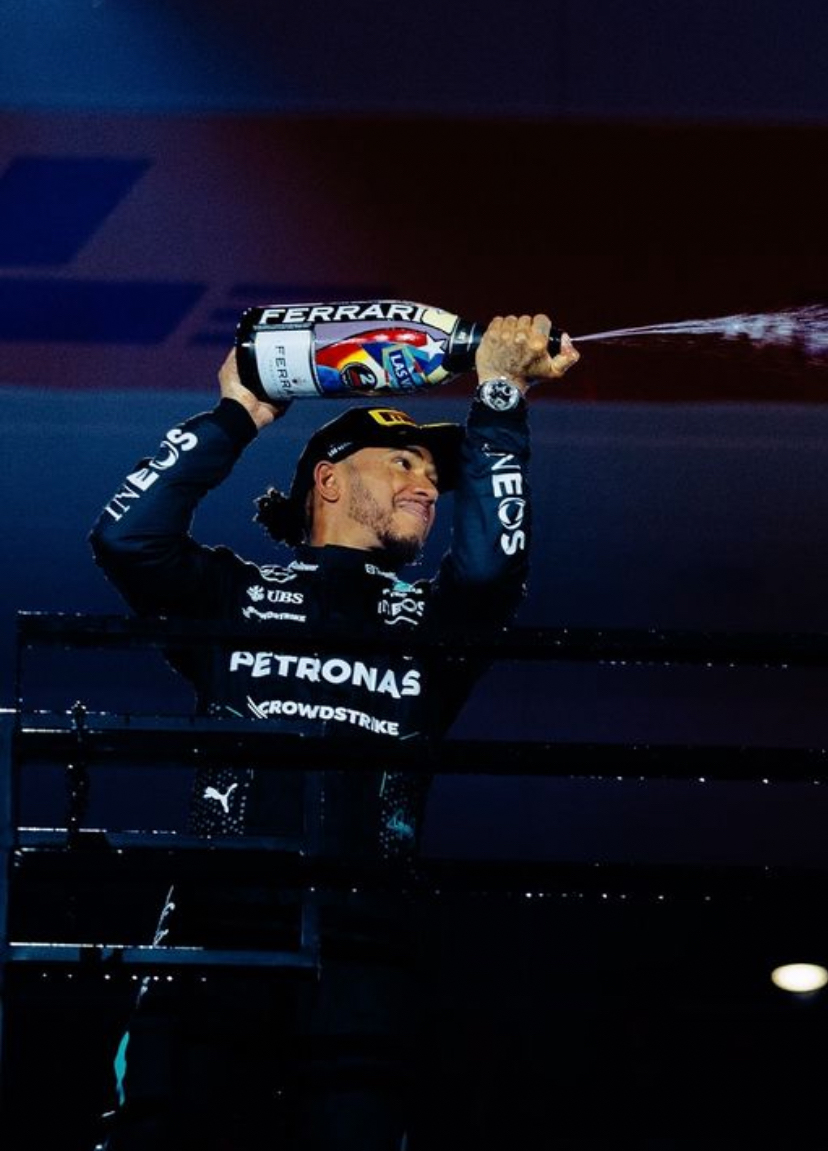From Reserve Driver to F1 World Champion: Nico Rosberg's Unique Journey

Formula 1 World Champions: A legacy of racing legends
Which former F1 champion has worked as a reserve driver later in their career?
Explore the rare path of Nico Rosberg, who transitioned from a Formula 1 reserve driver to a World Champion. Learn about other champions who contributed in reserve or support roles.
In Formula 1, achieving the title of World Champion represents the pinnacle of a driver’s career. For most, it signals the culmination of years of hard work, often followed by retirement or ventures outside the sport. However, Nico Rosberg’s path to the championship included a stint as a reserve driver, offering a rare glimpse into how an F1 career can evolve from behind-the-scenes roles to ultimate glory.
Nico Rosberg: From Reserve Driver to Champion
Nico Rosberg, the 2016 Formula 1 World Champion, began his journey in a less glamorous role. Before his rise to fame with Mercedes, Rosberg served as a test and reserve driver for Williams in 2005. During this period, he balanced his responsibilities in the feeder series GP2 (now Formula 2), where he won the inaugural championship, with his developmental work at Williams.
As a reserve driver, Rosberg contributed valuable feedback on car performance, helping the team refine their competitive edge. His dedication and talent during this formative period paved the way for his promotion to a full-time racing seat.
The Leap to Full-Time Racing
In 2006, Rosberg secured a full-time seat with Williams. He made an immediate impact, scoring points in his debut race at the Bahrain Grand Prix and setting the fastest lap. These achievements showcased the potential that would eventually lead him to claim the World Championship a decade later with Mercedes.
Reserve Roles for F1 Champions: A Rare Occurrence
While Rosberg’s time as a reserve driver came early in his career, it is rare for World Champions to take on reserve roles later in their journeys. Most champions move on to other responsibilities, such as team management, media roles, or ambassadorial positions. However, there have been some exceptions where champions have contributed in support capacities post-title.
Notable Champions in Support Roles
While not traditional reserve drivers, several World Champions have taken on support roles, offering their expertise to teams in unique ways:
- Jenson Button (2009 World Champion): In 2017, Button worked as a development and reserve driver for McLaren after stepping back from full-time racing. He even made a one-off appearance at the Monaco Grand Prix, replacing Fernando Alonso.
- Fernando Alonso (2005 & 2006 World Champion): During his 2019 sabbatical, Alonso supported McLaren by contributing to simulator work and mentoring younger drivers, highlighting his continued involvement in the sport.
- Alain Prost (Four-time World Champion): Prost returned to assist Renault in a technical and advisory capacity during the early 2000s, playing a key role in the team’s development.
Why Reserve Roles Are Vital
Reserve drivers play a critical role in bridging the gap between junior formulas and the F1 grid. These roles provide valuable learning experiences, allowing drivers to understand car dynamics, team operations, and race preparation at the highest level. For champions like Nico Rosberg, starting as a reserve driver highlights how even the most successful careers often begin in the background.
Conclusion
Nico Rosberg’s journey from a Williams reserve driver to the 2016 Formula 1 World Champion with Mercedes underscores the unpredictable paths that F1 careers can take. While rare, instances of champions returning to or starting in reserve roles demonstrate their dedication to the sport and its development.
The contributions of drivers like Rosberg, Button, Alonso, and Prost remind us that Formula 1 success is built on a foundation of hard work, adaptability, and teamwork. These stories serve as an inspiration for aspiring drivers and a testament to the importance of every role within an F1 team.
Up Next


